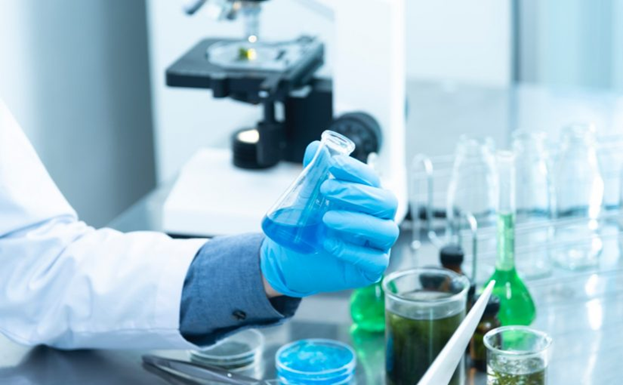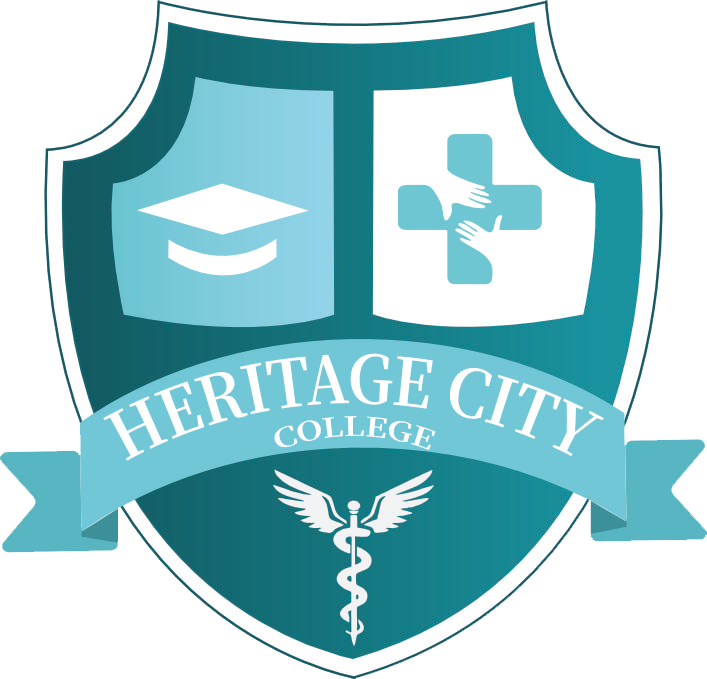Course DetailsHome / Courses Details
MSc in Medical Laboratory Technology
" Mastering the Science of Diagnosis for a Healthier Tomorrow"

Duration:
2 Years
An MSc in Medical Laboratory Technology (MLT) is a two-year postgraduate program that equips students with advanced theoretical knowledge and practical skills in performing diagnostic tests, operating sophisticated equipment, and conducting research in areas like hematology, microbiology, biochemistry, and immunology. Graduates are trained to work in hospitals, diagnostic labs, and research centers, playing a crucial role in disease detection, diagnosis, and treatment by analyzing patient samples and generating accurate reports. At Heritage City Institute of Allied Health Sciences, we offer MSc in MLT in the following specializations:
1. Clinical Biochemistry:
MSc MLT in Clinical Biochemistry is a postgraduate degree that prepares professionals to perform and interpret biochemical tests for the diagnosis and management of diseases. This specialized program combines advanced coursework in human physiology and metabolism with practical, hands-on training in diagnostic techniques and the use of laboratory equipment.
2. Haematology & Blood Transfusion:
MSc MLT in Haematology & Blood Transfusion is postgraduate degree that provides advanced training in the diagnosis of blood disorders, the management of blood transfusion processes, and the performance of complex laboratory tests.
3. Microbiology & Immunology:
MSc MLT in Microbiology & Immunology is postgraduate program focused on the advanced study of microbes and the immune system for diagnostic and therapeutic purposes. It equips graduates with skills in immunological and microbiological laboratory techniques, equipment maintenance, data analysis, and quality control to identify, diagnose, and manage infectious and immune-related diseases.
Heritage City Institute of Allied Health Sciences, provides modern facilities, experienced teachers, and practical training in variety of hospitals. Our MSc of Medical Laboratory Technology students get:
Strong theoretical knowledge
Practical training in variety of hospitals
Clinical exposure in advanced medical setups
Research opportunities in Laboratory Technology
Career Opportunities:
The demand for skilled medical laboratory technologists continues to grow due to the increasing complexity of diagnostic procedures, research advancements, and the expanding healthcare industry. With an MSc MLT degree, graduates can explore a wide range of career opportunities, such as:
Clinical Laboratory Scientist/Technologist:
One of the primary career paths for graduates of the Master of Science in Medical Laboratory Technology (MSc MLT) program is working as a Clinical Laboratory Scientist or Technologist. In this role, professionals play a critical part in clinical laboratories, performing a wide range of complex tests and procedures. They utilize their advanced knowledge and skills to analyze test results accurately, aiding in the diagnosis and treatment of various diseases.
Laboratory Manager:
Graduates of the MSc MLT program possess not only technical proficiency but also strong leadership skills, making them well-suited for managerial positions within medical laboratories. As Laboratory Managers, these professionals oversee the day-to-day operations of the laboratory, ensuring smooth workflow, adherence to quality control measures, and compliance with regulatory standards.
Research Scientist:
The MSc MLT program equips graduates with research skills that enable them to pursue careers as Research Scientists. In this role, individuals contribute to scientific advancements, engage in groundbreaking research, and explore innovative diagnostic methods and technologies.
Eligibility Criteria/Admission Requirements:
1. The students who have passed B.Sc. MLT Course from Institutions affiliated to RGUHS are eligible for this course.
2. Students who have passed B.Sc MLT course from other Universities considered equivalent by RGUHS are eligible for this course.
3. Candidates passing B.Sc MLT through Correspondence course shall not be eligible.
